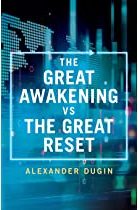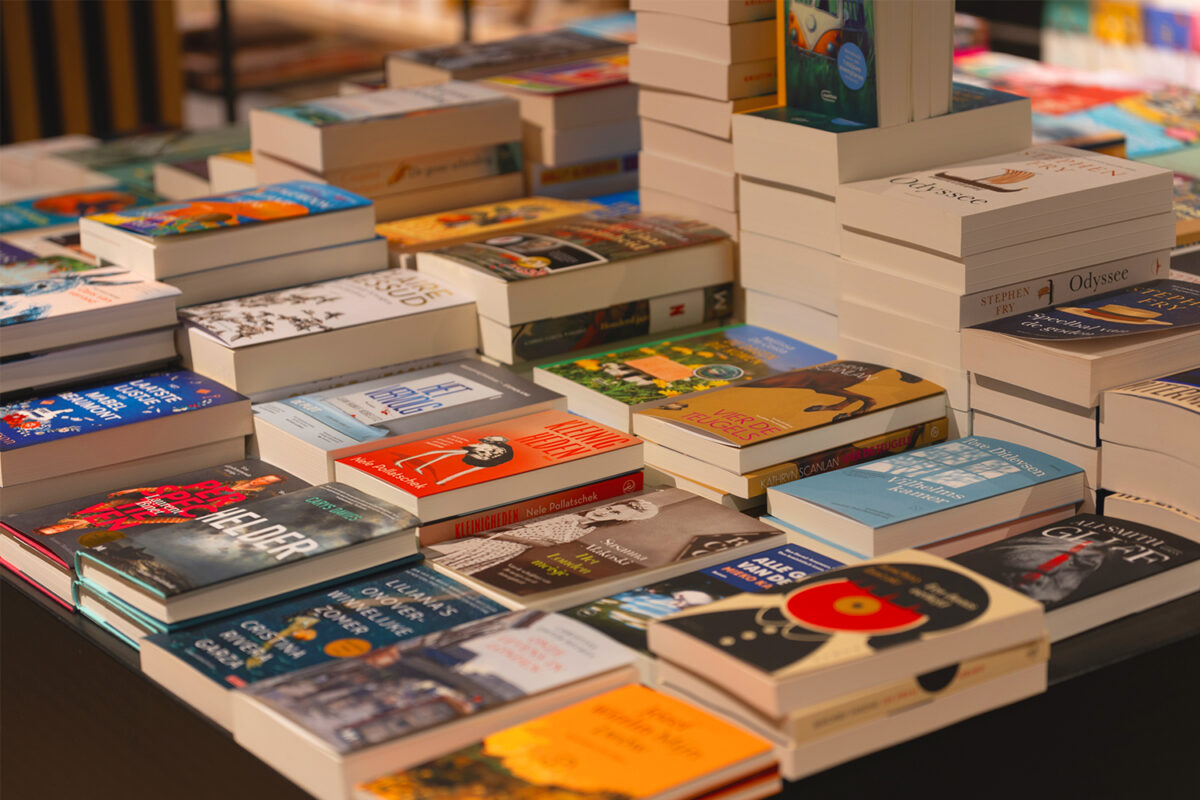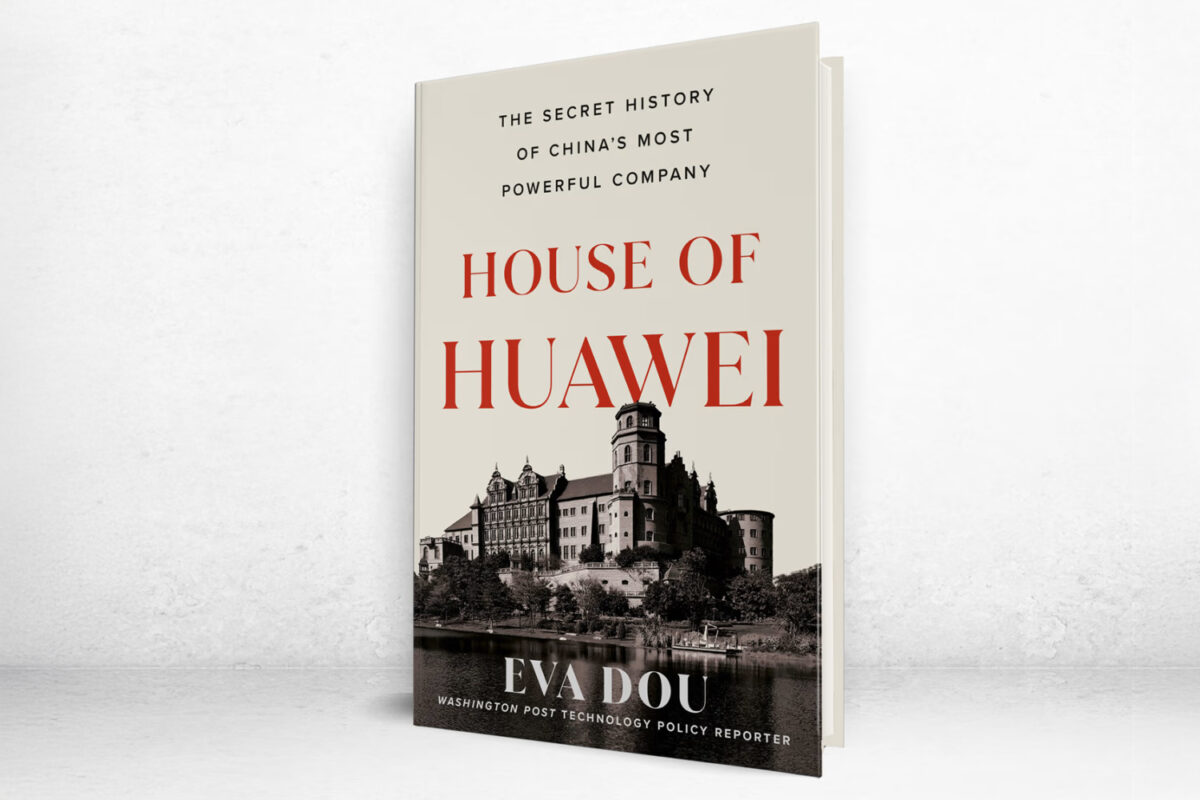The Great Awakening vs The Great Reset
Alexander Dugin
2021
 The Russia-Ukraine conflict of 2022 has brought special attention to Alexander Dugin, now dubbed as “…the most dangerous philosopher in the world.” The political scientist known as “Putin’s Rasputin” or “Putin’s Brain”, has made waves with his foreboding book, “The Great Awakening vs The Great Reset”. In it he declares open war against the twin diseases of liberalism and Western political modernity.
The Russia-Ukraine conflict of 2022 has brought special attention to Alexander Dugin, now dubbed as “…the most dangerous philosopher in the world.” The political scientist known as “Putin’s Rasputin” or “Putin’s Brain”, has made waves with his foreboding book, “The Great Awakening vs The Great Reset”. In it he declares open war against the twin diseases of liberalism and Western political modernity.
Dugin calls on inhabitants from around the world, the Far East to West, Muslims to Christians, traditionalists to populists, to form an alliance and fight an international order of elitists who are scrambling to maintain a unipolar world order after they suffered a series of hiccups.
Immediately, you are struck by Dugin’s understanding of “The Great Reset”. He doesn’t see it as simply an economic recovery plan drawn up by the World Economic Forum (WEF) – rather, he sees it as a sinister globalist counter-attack against a multipolar, illiberal world. “The main idea of the Great Reset is the continuation of globalisation and the strengthening of global failures”. [1]
For Dugin, Biden is the latest chapter of a project of this continuation that began in mediaeval Europe, starting in England. He explains how the Catholic Church split into two camps, with one seeing the world as having common, shared, universal attributes, “the Realists”, while the other camp had the view that everything can and should be broken down to its fundamental parts, “the Nominalists”, and that collective identity should be shunned. One of the earliest chief defenders of the latter, he says, was English philosopher William Occam who demanded “…entities should not be multiplied without necessity”. [2] It is this foundation of Nominalism, Dugin states, that laid the foundation for modern day Liberalism and Capitalism. Having prevailed in England first, this hyper-individualistic worldview became widespread in Protestant countries first and is now rampant across continents in the New Age.
The consequences have been profound for Dugin as the first stage of Nominalism was to break down the collective identity of the Catholic Church and replace it with “rationalism”, where estates and hierarchies were taken over by the “best individual” i.e. the bourgeoisie who split the supranational unity of the Western Roman Empire into nation states and to proceed relentlessly until the individual was liberated “from all forms of collective identity”.
After breaking religion and its old empires, the second stage for the ideology was to jump from nationalism to Globalism. Western colonialism and Capitalism had spread to the ends of the earth by violently subjugating other people. However, there was resistance to this project through the emergence of new ideologies such as Communism and Fascism. But with the defeat of both over the twentieth century, Liberalism had won the battle and its theorists began to talk about “the end of history” (Francis Fukuyama) and the “unipolar moment” (Charles Krauthammer). [3] Now there was to be no resistance for the global elite who used the United States as its political centre. As far as Dugin is concerned, parties across the world, from both ends of the political spectrum have been in the same globalist, nominalist camp with no serious opposition to their Liberal ideology.
That said, the latest victory for the globalist (who are all Nominalist, Liberal and Capitalist) camp was not enough.
Dugin writes that we have now entered the third phase of Capitalism: Gender and Transhumanism. In this phase, Liberalism has discovered more forms of collective identity to break down – family, gender, and the physical human itself. [4] While it is not a conspiracy theory to see that the traditional family unit and gender roles have been under constant attack, it really reads like a dystopian horror with the realisation that Nominalism will disrupt what it means to be human. Recent comments from the WEF’s Klaus Schwab about creating a symbiotic relationship between man and machine in a “…fourth industrial revolution…” where it “…will lead to a fusion of our physical, digital, and biological identities.” [5] and turning humans into “…gods…” from Israeli historian, Yuval Noah Harari, do little to mitigate those fears. [6] In fact, Dugin stresses that the Covid-19 epidemic is an excuse to accelerate this process. And with the fast paced plans of AI to replace vast swathes of the workforce, ambitions of Meta to plug users into a digital “Metaverse” and Elon Musk’s “Neuralink” that attaches to the brain, one begins to wonder if we are really sleepwalking into disaster.
Dugin has managed to paint a picture which shows the relentless march of Liberalism in a truly horrifying light where our very essence will be broken down into as many fundamental, transmissible parts as possible. He states that a “post-humanism”, a machine civilisation is what consistent individualism, taken as something absolute, leads to. [7]
Here is where the Great Awakening comes into play.
The world, he says, is fighting back as it fought earlier stages of Capitalism. Russia, China and the Islamic world’s continued resistance to Liberal reforms, Populism across Europe and the rise of Trumpism (with its, cosmetically at least, protectionist, anti-NATO and nationalistic style of politics) are some of the main examples of resistance that he goes at some length to cite. In his chapter, ‘The Great Awakening: A Scream in the Night’, Dugin writes, “The Great Awakening is not about elites and intellectuals, but about the people, about the masses…who have suddenly realised, like cattle before the slaughterhouse, that their fate has already been decided by their rulers and there is no more room for people in the future.” [8]
It is precisely because of this resistance, he claims, that the global elite have now taken an uncompromising stance to aggressively restore order even at the risk of WWIII with Biden being the key candidate to lead this process. It is fascinating to note that the book mentions the next stage of the plan involves escalation with Putin and getting rid of him to strengthen NATO (what he calls an umbrella group for globalist regimes) was written before the Russian invasion of Ukraine, which left many analysts blindsided as Putin blamed Western interference and provocation for his actions.
Essentially, Dugin calls on all parties, the masses, disgruntled politicians and states who don’t subscribe to globalism in all its bizarre iterations, to not resist with failed ideologies of Fascism or Communism and make the mistakes of the past but to adopt his “Fourth Political Theory”. This is where states accept a multi-polar world and their own civilisations and unite against the universalist policies from the globalists in the West. He often refers to the Islamic world, China, countries of Africa, Latin America and India to overlook their differences for the sake of restoring their identity with Russia at the forefront of this “Awakening”. In one line, he believes it’s a battle of the “…Internationale of Nations vs the Internationale of the Elites”. [9] Yes, countries such as China and the Gulf states have adopted capitalism at an economic level but their “…social systems…have nothing to do with the globalist agenda and are naturally predisposed to side with the Great Awakening” [10]
The book is short read at less than a hundred pages but explains the logical conclusion of liberal capitalism in a way that few books have managed to do. Perhaps Dugin’s Russian background and the hostility his nation has faced from Europe and the US has been able to give Dugin a perspective that is rarely expressed by Western critics of capitalism. However, it does appear that Dugin’s understanding of geopolitics is slightly misplaced or hopeful as India continues to directly serve the US political agenda to counter China and Saudi Arabia is in fact rushing to liberalise not just its economy but also its social systems and culture. His explanation for what unadulterated nominalism will achieve for the globalists personally is also somewhat lacking as it is difficult to accept that they are simply philosophical purists without other motives, although one can draw their own conclusions. His “Fourth Political Theory” also seemed to read as little more than, as he puts it, an “…invitation to search for the alternative to this falling liberalism in decay” rather than a comprehensive system of any sort. It gives the impression that while he has identified and analysed the problem and knows something has to be done to fight back, he doesn’t know what exactly. Despite these gaps, the book is an fascinating read and helps contextualise some of the more disturbing policies we are seeing from world leaders domestically and internationally.
[1] The Great Awakening vs The Great Reset – page 2
[2] The Great Awakening vs The Great Reset – page 8
[3] The Great Awakening vs The Great Reset – page 15
[4] The Great Awakening vs The Great Reset – page 12
[5] World Economic Forum Founder Klaus Schwab on the Fourth Industrial Revolution
[6] Homo Deus: After God and Man, Algorithms Will Make the Decisions – Yuval Noah Harari (ynharari.com)
[7] The Great Awakening vs The Great Reset – page 24
[8] The Great Awakening vs The Great Reset – page 28
[9] The Great Awakening vs The Great Reset – page 32
[10] The Great Awakening vs The Great Reset – page 38
[11] The Great Awakening vs The Great Reset – page 67




